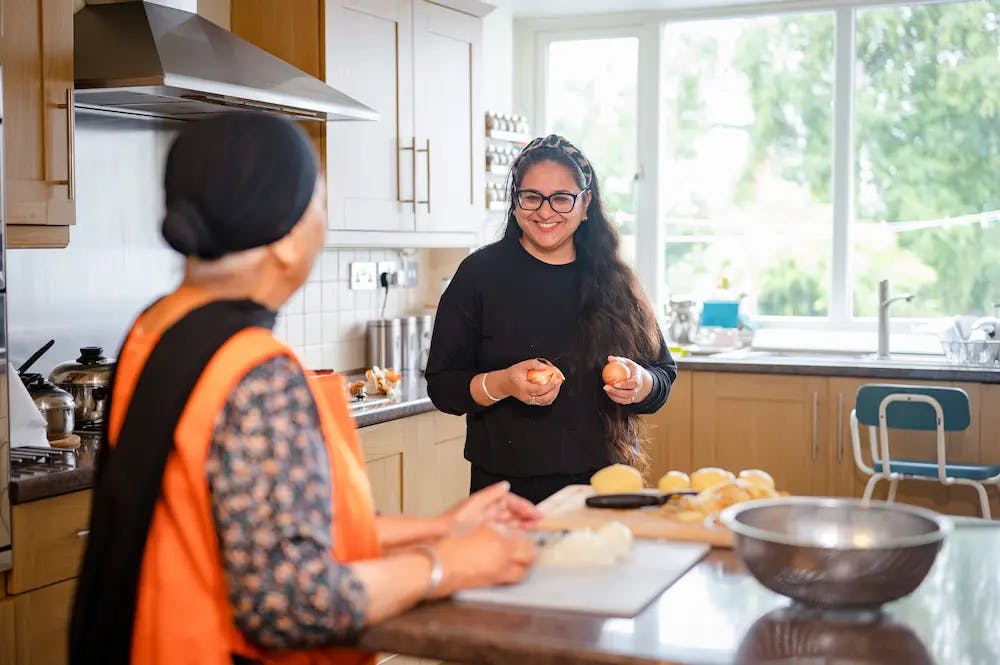Home Care Guides
Here you'll find a selection of advice, support and information on all aspects of home care. Whether you're considering domiciliary care or looking for how much home care is across the UK, we've got you covered.
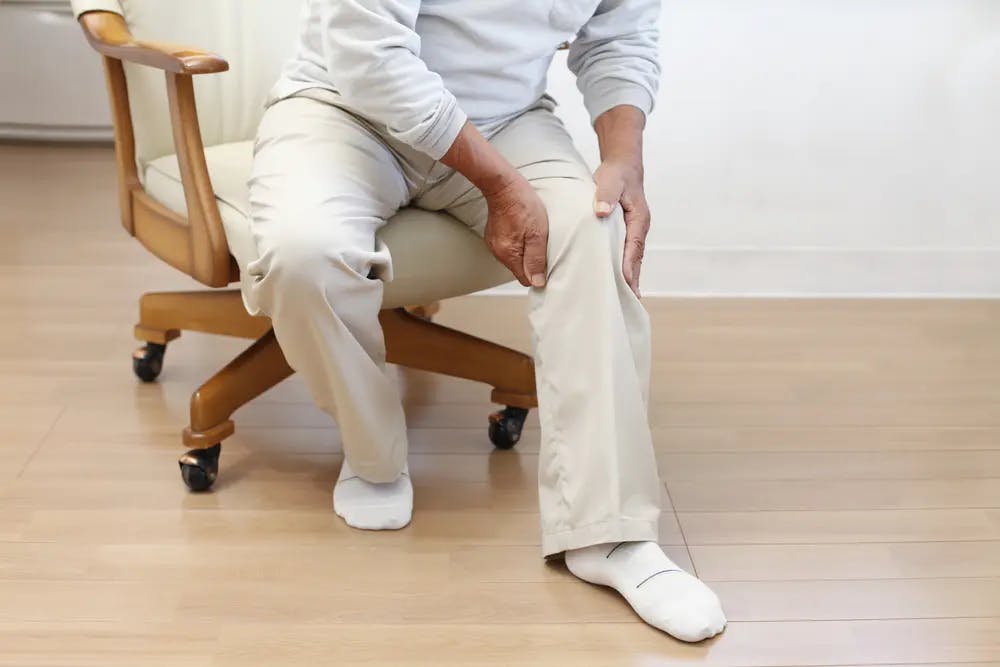
Knee Replacement Recovery Time For Older Adults | Tips, Timelines and Home Care Support
Here's how long the knee replacement recovery time lasts for older adults and how this process works, from staying in the hospital to receiving care at home.
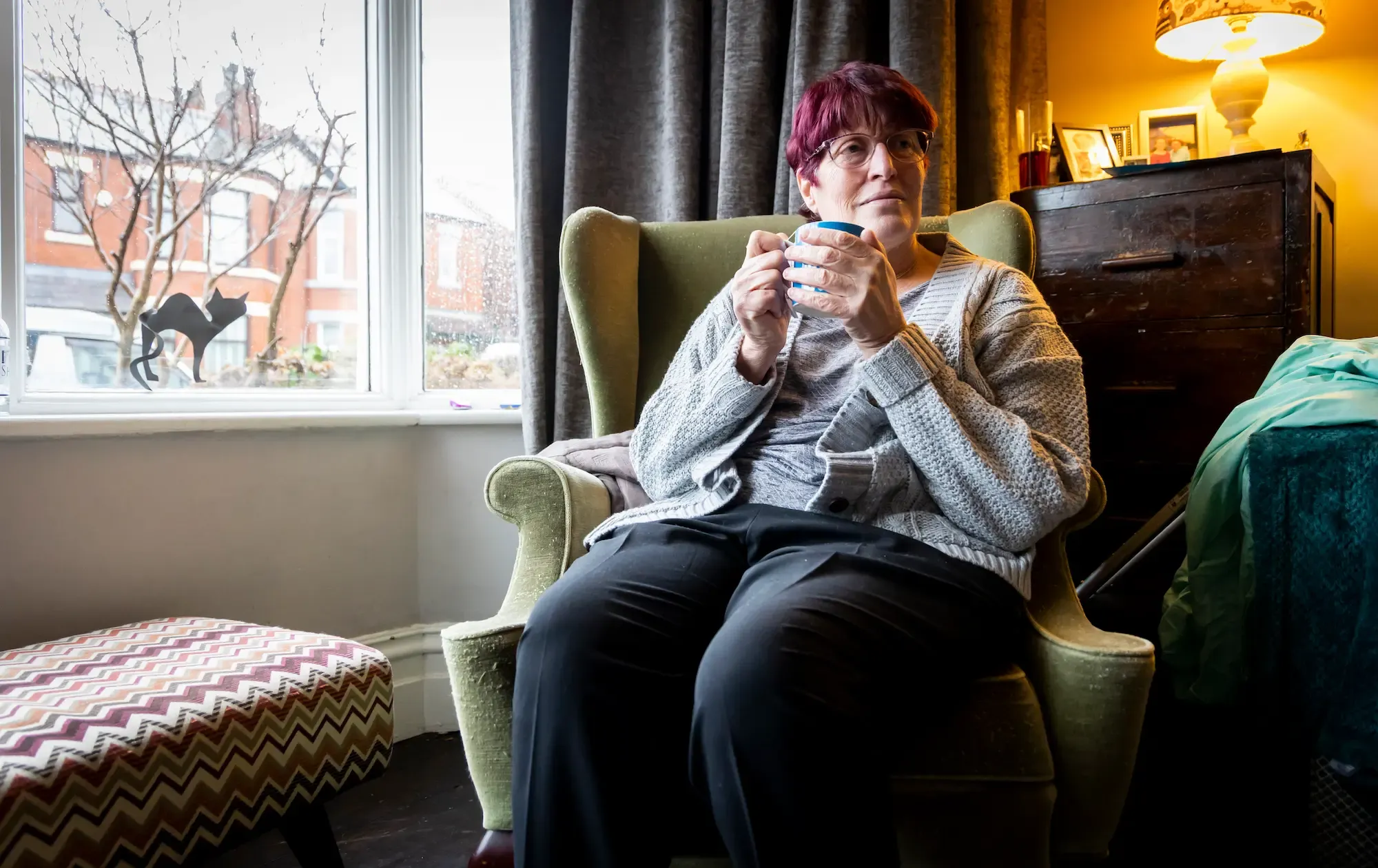
Your Checklist Of Questions To Ask When Searching For Home Care
Click here for a checklist of questions to ask prospective home care agencies, including about their carers and how evolving care needs will be supported.
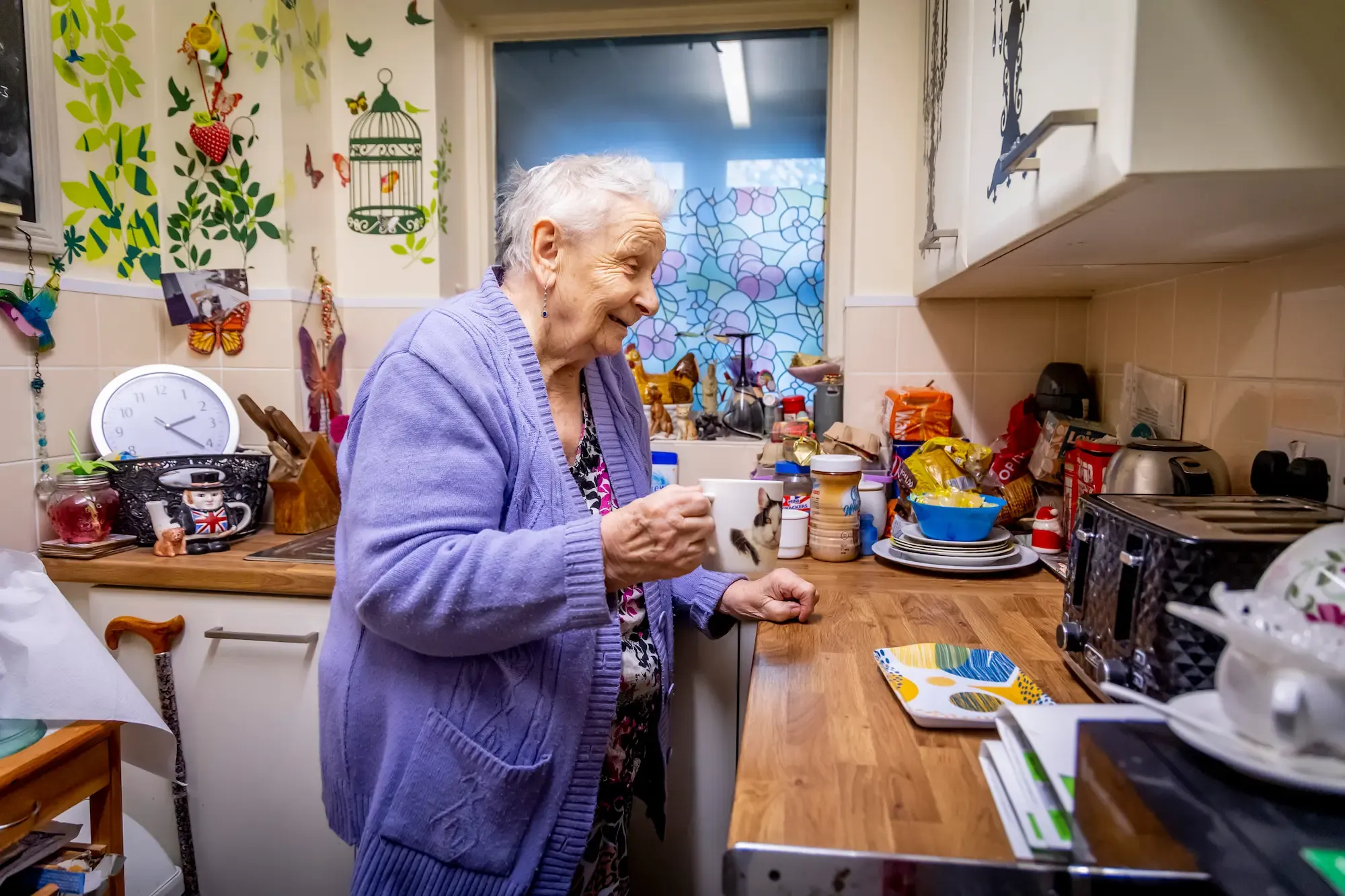
What’s The Difference Between Home Care Agencies and Self-Employed Carers?
We’ve explained the key differences between home care agencies and self-employed carers to help you make the right choice for you or your loved one.

Home Adaptations For Older Adults | How To Adapt Your Home For Care
You may need home adaptations to continue living safely in your own home. This article explains adapting your home, including what these adaptations are.

Dignified and Supportive At-Home Hospice Care For Your Loved One
If your loved one has a serious or terminal illness, at-home hospice care allows them to be comfortable and looked after with compassion in their own home.

Overnight Care At Home Services | Sleeping and Waking Care
Through overnight care at home, a dedicated carer will stay with your loved one throughout the night to ensure their care and support needs are met.

Comfort Care At Home | How To Find & Arrange It
Comfort care is a key part of end-of-life care, ensuring your loved one is cared for with dignity and compassion. Here's what it is and how to arrange it.

Nursing Care At Home | Professional and Dignified Support From a Paid Nurse
Nursing care at home allows your loved one to receive professional care from a registered nurse, without having to leave the comfort of their own home.
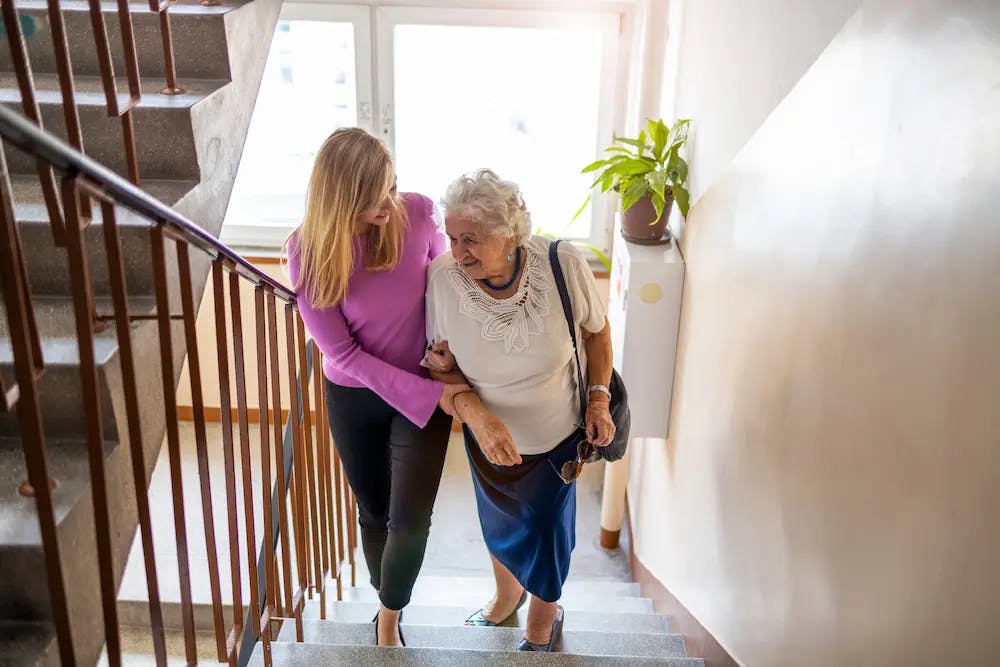
Dementia Care At Home Explained & How To Find It
If your loved one has dementia but wishes to remain in the comfort of their own home, dementia care at home may be the best option. We've explained this here.

Receiving Compassionate Palliative Care At Home
Through palliative care at home, your loved one will receive comforting support within a familiar setting, surrounded by the people they cherish the most.

Respite Care At Home Explained | Breaks For Carers
Through respite care at home, you’ll be looked after on a short-term basis within your own home. Here, we’ve explained how this works and how to arrange it.

Home Care Costs | How Much Is Home Care In 2025?
Home care costs vary throughout the UK, and we've highlighted how much you might pay. You could also be eligible for financial support from your council.
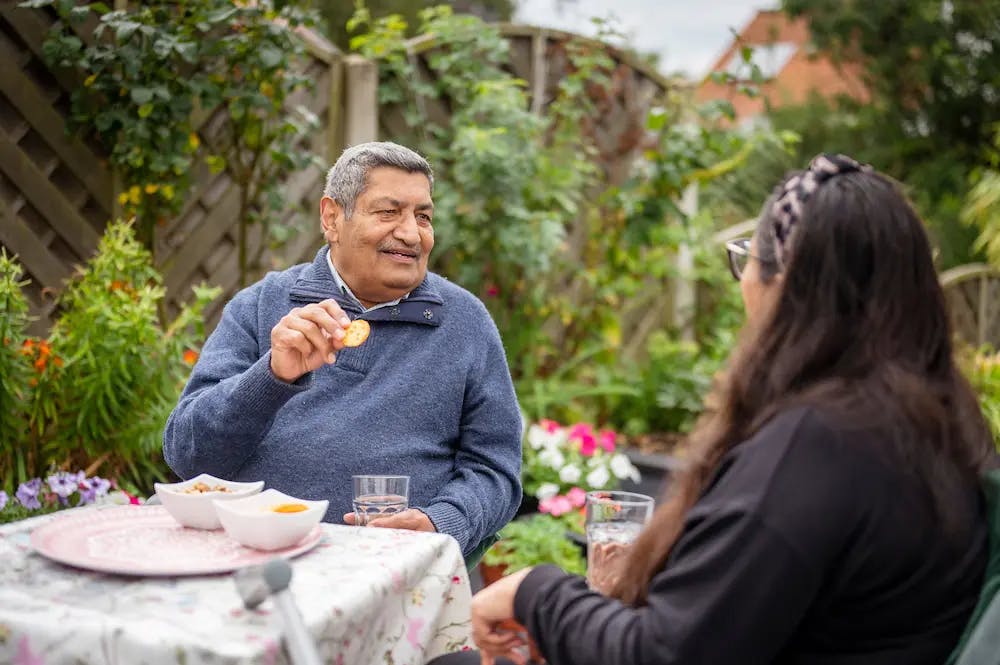
What is Live In Care? Stay Independent and Safe at Home
If your loved one requires regular care but they’d still prefer to continue living in their own home then live-in care could be the perfect solution.
